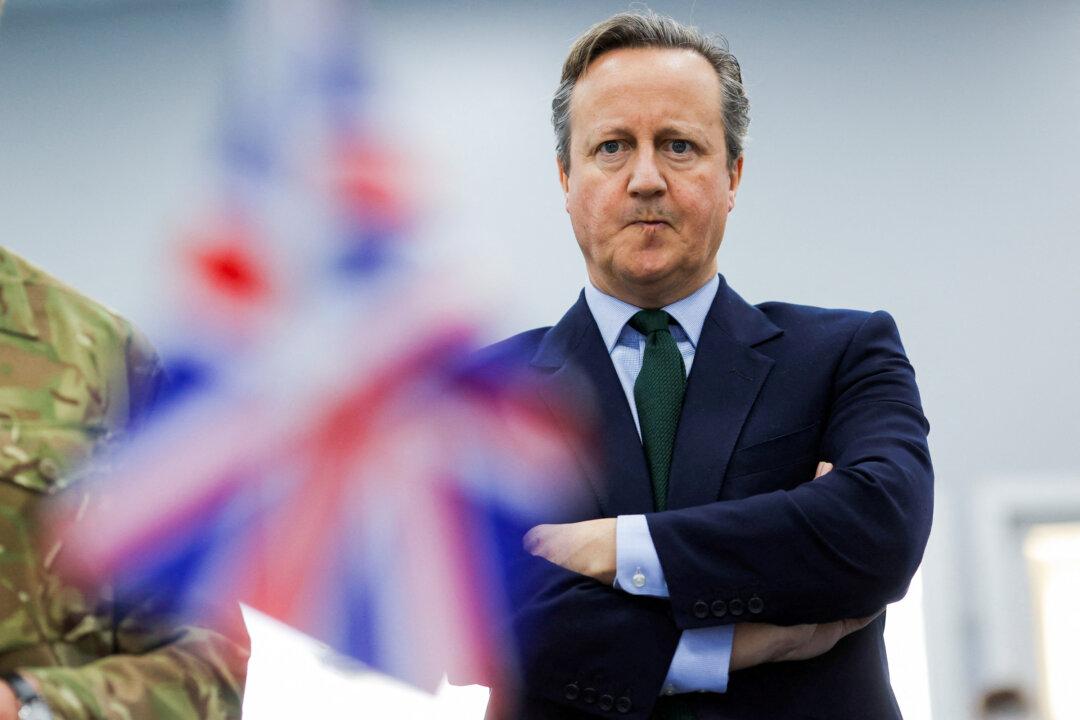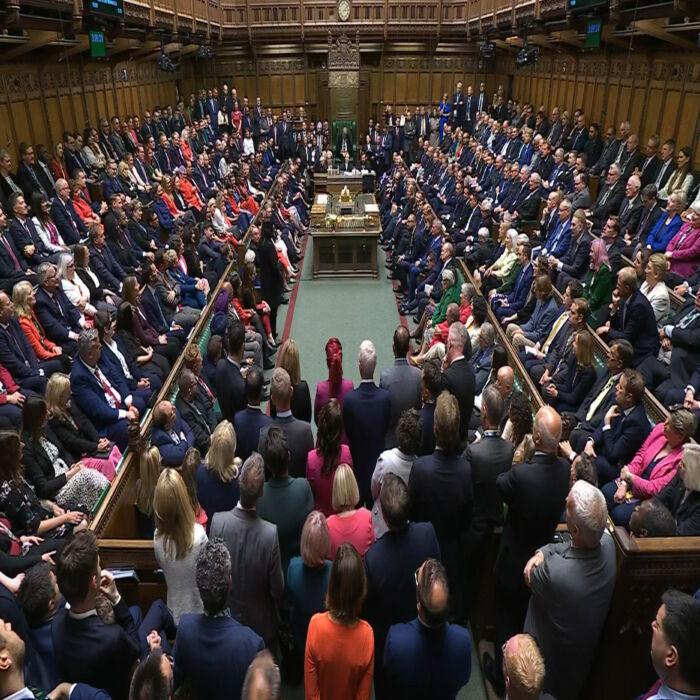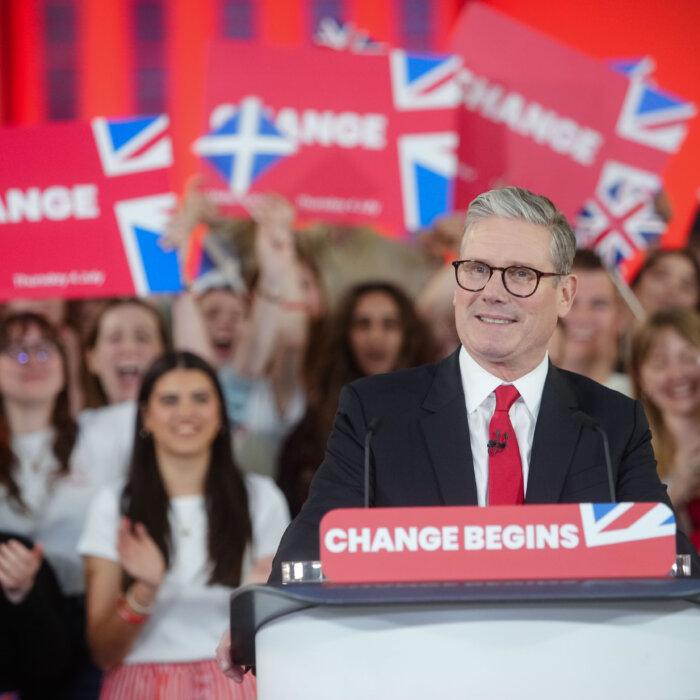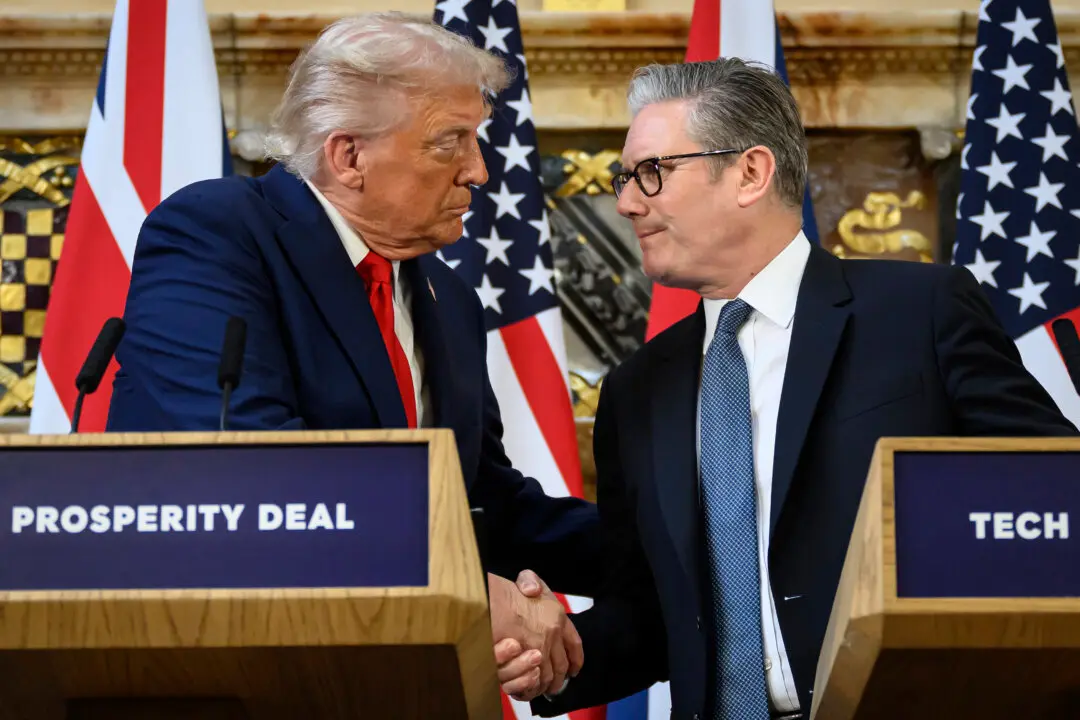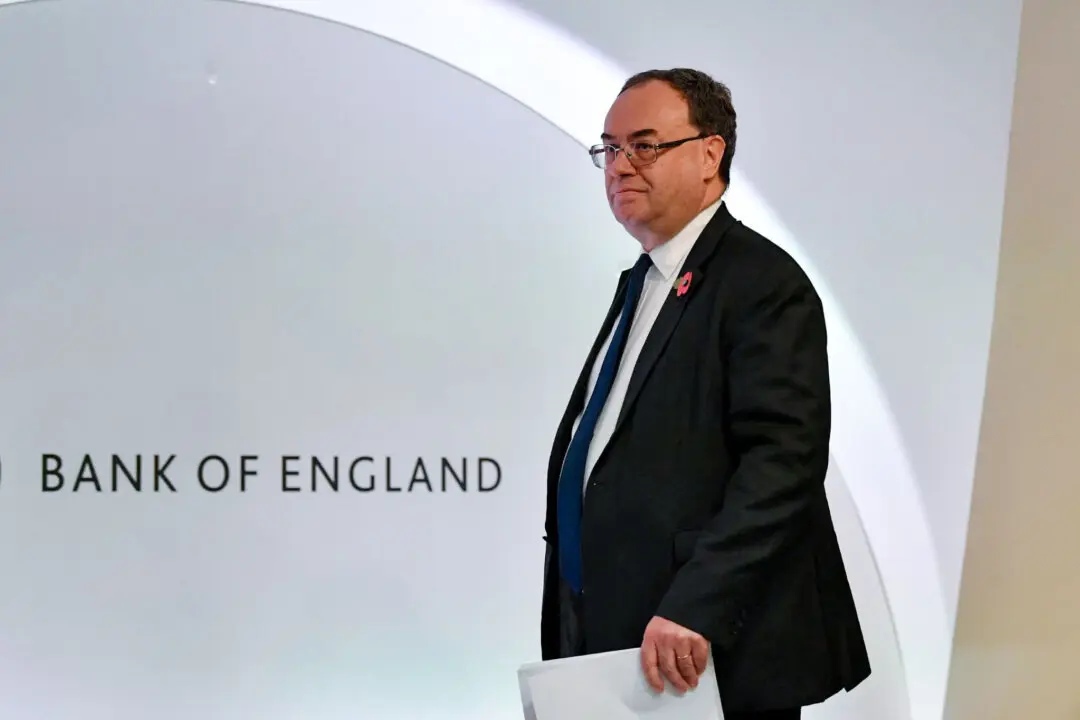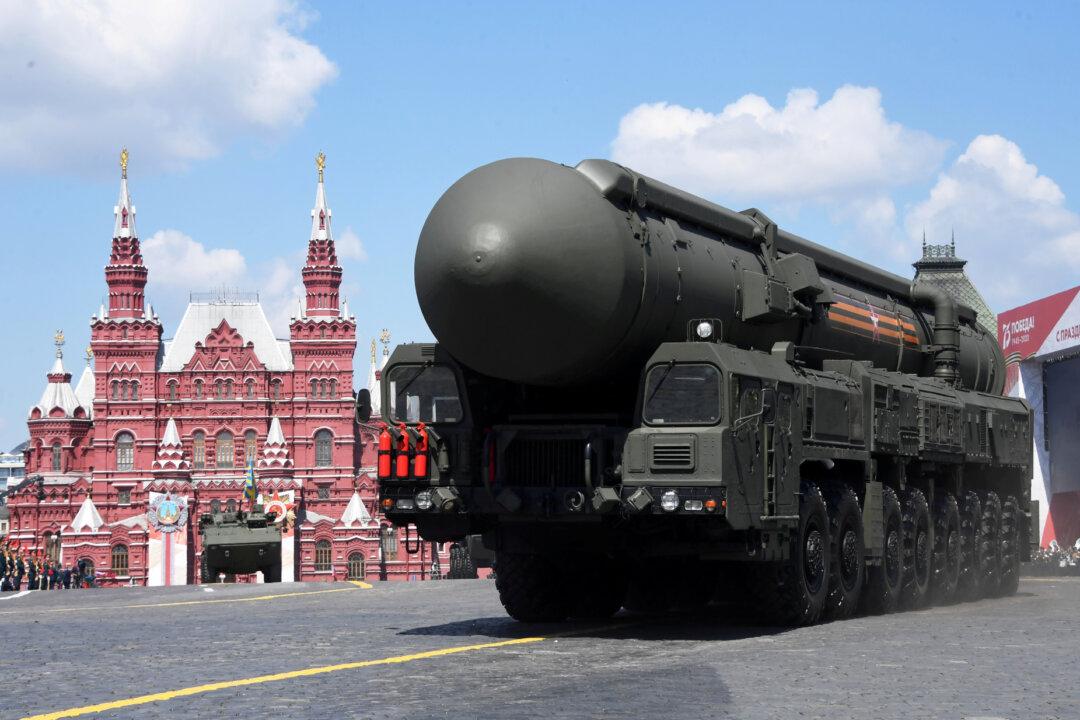Following his party’s defeat in the general election, former Tory leader and the foreign secretary of Rishi Sunak’s Cabinet, David Cameron has quit.
Lord Cameron’s resignation from the Conservatives’ frontbench comes amid a reshuffle, as the Tories transition into the shadow cabinet.
Lord Cameron, who took on the role of the foreign secretary in an unexpected return to the Cabinet in November, has been replaced by his former deputy Andrew Mitchell.
He described the election result as “very disappointing” and vowed to continue supporting the Conservative Party.
Lord Cameron also congratulated his Labour counterpart David Lammy on his appointment as foreign secretary.
Shadow Cabinet
Other changes to the Tory leadership include the appointment of Richard Fuller as the interim chairman of the party. He replaced Richard Holden, who won the seat in Basildon and Billericay by just 20 votes.Mr. Sunak will remain the party leader until a replacement is found. In his final speech as prime minister outside 10 Downing Street, Mr. Sunak said he will step down “once formal arrangements for selecting” his successor are in place.
After Grant Shapps and Alex Chalk lost their seats, they were succeeded by James Cartlidge as shadow defence secretary and Ed Argar as shadow justice secretary.
Some roles in the Tory leadership have remained unchanged. Jeremy Hunt held on to his position and was named the shadow chancellor, while James Cleverly stayed in charge of home affairs as part of the shadow cabinet.
Former Education Secretary Gillian Keegan has lost her seat in parliament to Liberal Democrats. She was replaced by Damian Hinds. Kemi Badenoch has been appointed as the shadow secretary of state for levelling up, housing and communities.
Lucy Frazer failed to hold on to her seat in Ely and East Cambridgeshire by a margin of 495 votes and was replaced by Julia Lopez as the shadow secretary of state for culture, media and sport.
Leadership Race
The dust is still settling after Tory’s crushing defeat, but the direction of the party remains unclear.The rise of Reform UK, led by Nigel Farage, has been largely seen as one of the factors in swinging the vote of right-wing Tory supporters.
The election defeat cost the Conservatives 251 seats, leaving the party with 121 MPs.
Meanwhile, Reform UK made it to parliament for the first time, after claiming victory in five constituencies.
The former home secretary Suella Braverman and potential Tory leadership contender, has called Reform an electoral “existential threat” to the Conservatives.
The Tories “can’t just assume that the pendulum will swing back to us or that all the Reform voters will suddenly repent,” an ex-Conservative MP Sir Jacob Rees-Mogg said on Tuesday.
“We need to win them over one way or another,” he added.
While Tory centrists want to prevent the party’s tilting to the right, it could be a challenge if a right-winger takes over from Mr. Sunak. Possible candidates closer to the right wing of the Tory political spectrum are former Home Secretary Dame Priti Patel and former Immigration Minister Robert Jenrick.
Mr. Cleverly and the former Security Minister Tom Tugendhat could also enter the leadership race and are largely seen as centrist.
A possible centrist contender and a two-time former leadership hopeful, Mr. Hunt, has ruled himself out of the race.
